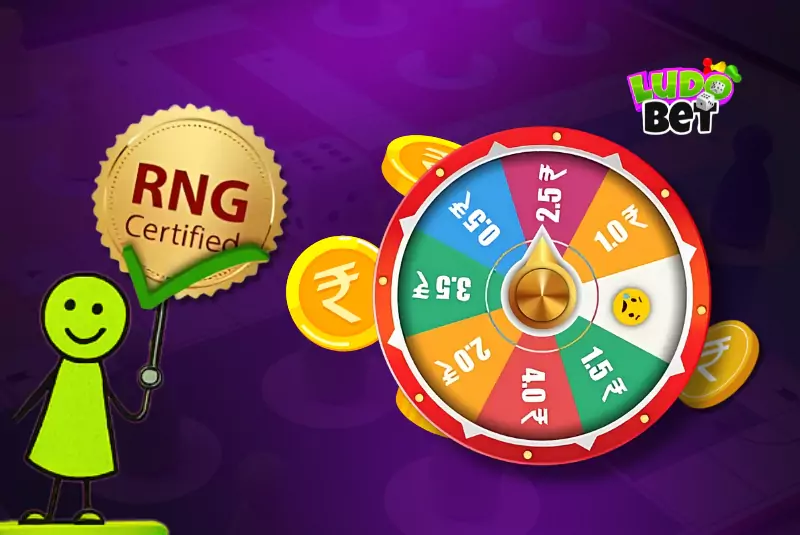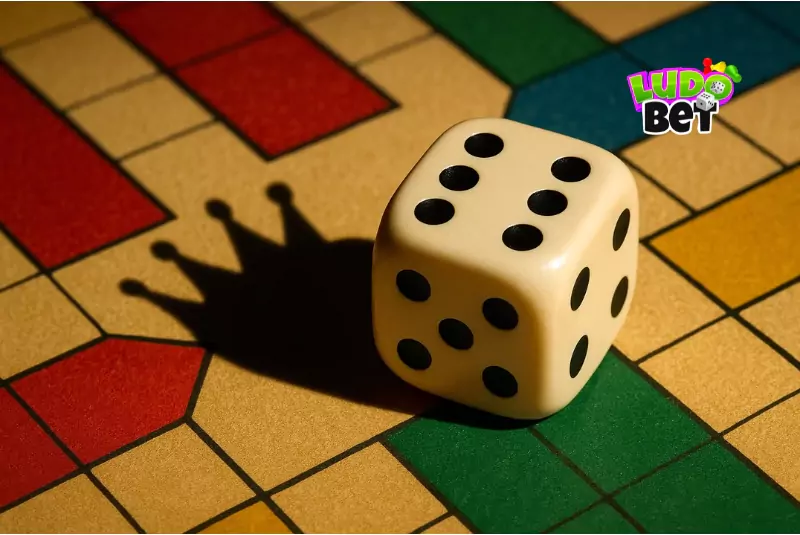There’s always that one moment in every Indian home when someone rolls a six in Ludo and suddenly, everyone’s either cheering or groaning. It’s not just a lucky number on the dice. That six decides who gets to start, who moves ahead faster, and sometimes, even who wins the game.
But have you ever thought about why the number six is so important in Ludo, and how it actually changes the way we all play?
Why the Number 6 Is Important in Ludo
In traditional Ludo, the game starts with each player having four tokens placed in their respective starting boxes. To move any token out onto the board, a player must roll a 6 on the dice. This rule makes the number 6 very important, especially at the beginning of the game.
If you don’t roll a 6, you cannot start moving a token. This can delay your entry into the game while other players race ahead. This rule adds suspense and luck to the beginning of every Ludo match.
Three 6s Rule: What Happens If You Roll Three 6s in a Row?
There’s another lesser-known but equally important rule related to 6 in Ludo — the triple six rule. According to this rule:
- If a player rolls a 6, they get another chance to roll the dice.
- If they roll another 6, they get one more turn.
- However, if they roll a 6 for the third time in a row, all their moves in that turn are canceled, and they lose the chance to move any token.
This rule is added to balance the game. It prevents players from taking unfair advantage by moving too far ahead simply due to lucky rolls. It’s a way of saying: “Too much of anything—even 6s—is not good!”
Strategic Use of 6 in Ludo
While luck plays a part in getting a 6, smart players know how to use it wisely.
- If you roll a 6 early in the game, it’s best to bring out a new token.
- But as the game progresses, you may want to use your 6 to move an already active token closer to home.
- Also, don’t forget that 6 can help you cut an opponent’s token if you’re just the right number of steps away.
Knowing when to bring a token out vs. when to move one already on the board is a decision that separates beginners from experienced Ludo players.
Do All Ludo Versions Follow the Same Rule?
Not necessarily. While the classic version of Ludo follows the rule of 6, some modern versions and ludo apps offer variations. For instance:
- Some versions automatically bring out all tokens at the start.
- In some fast-paced versions, a 6 may not be required to start moving.
These changes are made to speed up gameplay and make it more exciting for players who prefer shorter matches.
One Example: Timer Ludo on LudoBet
In apps like LudoBet, the gameplay has been modified for better speed and strategy. Their Timer Ludo mode doesn’t require a 6 to start moving. All tokens are active from the beginning, which removes the delay and makes the game more focused on skill than luck.
This variation allows players to start strategizing from the first move. Instead of waiting for a lucky roll, you jump straight into the action, making the game more thrilling and competitive.

Read here➡️ How to win in Timer Ludo
Why the Rule of 6 Adds Fun to Ludo
Despite some frustrations, the rule of 6 adds excitement. The tension of waiting for a 6 keeps players on their toes. And when you finally roll one, it feels like a mini-victory in itself. It’s this little twist that has kept Ludo interesting for decades.
For casual players, it keeps things fun and unpredictable. For serious players, it becomes a challenge of how to manage turns and tokens effectively.
Final Thoughts
The rule of 6 in Ludo is more than just a number—it’s a crucial part of the game’s charm. It decides how you begin, how you progress, and how you can win or lose. From board games played on the floor at home to digital versions on your phone, this rule continues to bring thrill and suspense to every match.
So next time you play Ludo, don’t just wait for a 6, plan what you’ll do with it. And if you’re someone who wants to experience faster, skill-based Ludo, try platforms like LudoBet where strategy takes center stage, and the dice is just a tool, not your fate.






